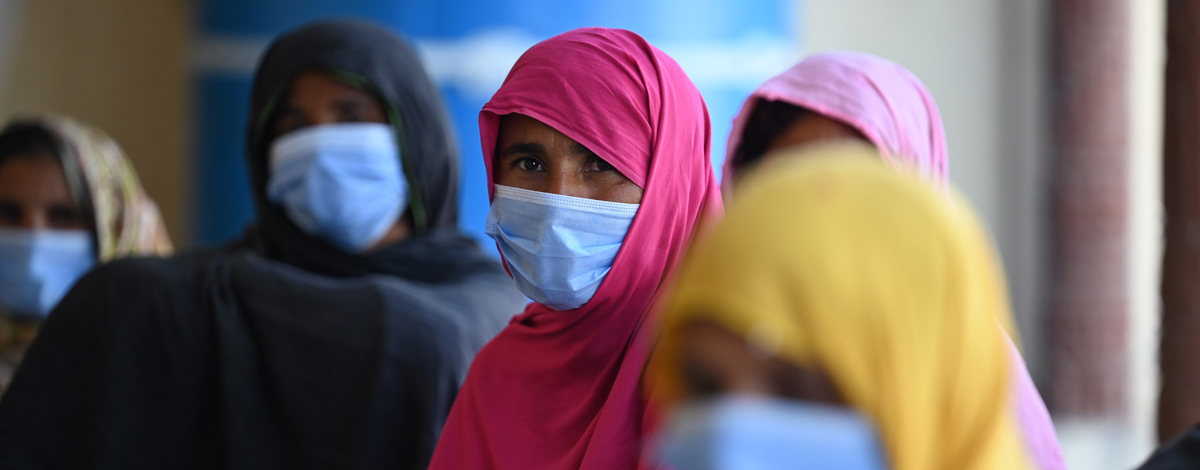
Pandemic preparedness and response through operationalizing the One Health approach in Pakistan
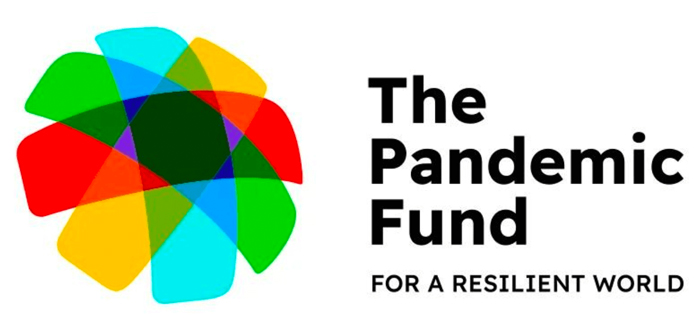
Pakistan, as the fifth most populous country, faces a significant risk of health emergencies due to its geographical, environmental, and socio-economic challenges. This project focuses on enhancing Pakistan's pandemic prevention, preparedness, and response (PPR) capabilities through a One Health framework. By integrating human, animal, and environmental health systems, the initiative aims to build resilience against pandemics while addressing structural gaps in surveillance, laboratory systems, and workforce capacity.
Implementation and key components
The Implementing Entities (IEs) for this program are Asian Development Bank (ADB), Food and Agriculture Organization of the United Nations (FAO-UN) and World Health Organization (WHO) in Pakistan to implement the agreed program activities in consultation with Government counterparts (Ministry of National Health Services, Regulation and Coordination, Ministry of National Food Security and Research, Ministry of Climate Change and Environmental Coordination). In this program FAO has a larger canvas to deal with the livestock, wildlife, aquaculture and environment health sectors, with implementation across Pakistan’s provinces, including Balochistan, Khyber Pakhtunkhwa Punjab, Sindh, and federally governed regions.
Strengthening disease surveillance
The project will expand the Integrated Disease Surveillance and Response (IDSR) system to cover all 170 districts, improving data collection, sharing, and analysis across health sectors. This includes upgrades to the Animal Disease Reporting and Surveillance (ADRS) system to incorporate wildlife and fisheries data. Training programs will be introduced for district-level teams to enhance outbreak detection and response capabilities.
Upgrading laboratory infrastructure
Investments will focus on upgrading existing laboratories and establishing four biosafety level II (BSL-II) labs, one in each province. The initiative will also enhance sample collection and transport systems, implement a Laboratory Information Management System (LIMS), and provide training in biosafety, biosecurity, and diagnostic techniques. Key national labs, including NIH and veterinary facilities, will undergo modernization to meet international standards.
Developing a skilled workforce
The project will institutionalize training programs such as the Field Epidemiology Training Program for Veterinarians (FETPV) and the Field Epidemiology Laboratory Training Program (FELTP). These programs aim to produce field epidemiologists, laboratory technicians, and veterinary specialists capable of managing zoonotic diseases and emerging health threats. Community health workers will also be trained to engage local populations in disease prevention and response.
Engaging communities
To ensure community participation, the project will collaborate with Civil Society Organizations (CSOs) and community focal points to promote awareness campaigns. Educational materials will be disseminated, and community-based surveillance mechanisms will be strengthened to foster early detection and public trust in health interventions.
Expected outcomes
This initiative is expected to establish a comprehensive surveillance network, upgrade diagnostic capabilities, and build a multidisciplinary health workforce. These advancements will enhance Pakistan’s compliance with International Health Regulations (2005) and improve its Joint External Evaluation (JEE) and Performance of Veterinary Services (PVS) scores. By fostering resilience at all levels, the project will significantly reduce the socio-economic impacts of pandemics and improve health security across the country.
Implementing Entities
ADB, FAO, WHO
Priority areas
- Early warning and disease surveillance systems
- Laboratory systems
- Human resources/public health and community workforce capacity
Total budget
USD 18,675,609.63
Total co-financing
(in kind and cash)
USD 4,143,000
Total co-investment
(in kind and cash)
USD 49,661,430
Find out more
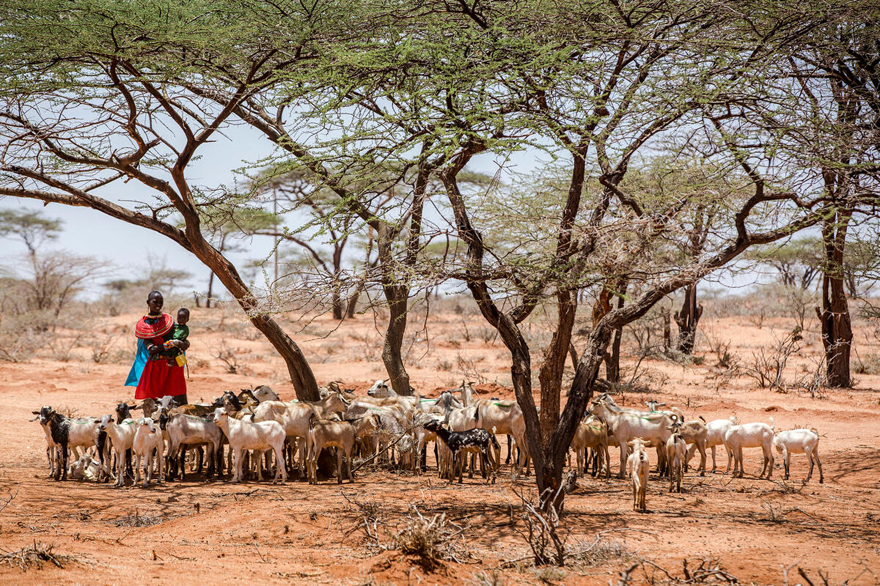
Projects
The Pandemic Fund
FAO is co-leading the implementation of 32 Pandemic Fund projects worth over USD 165 million aimed to boost local and global health security.
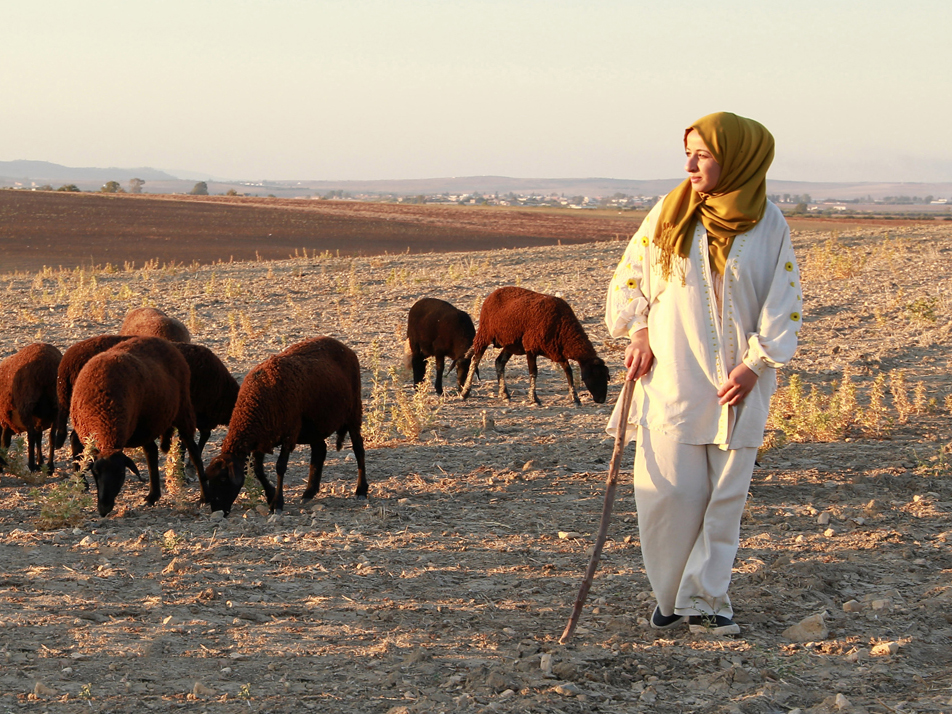
Highlights
Pandemic Fund’s third call for proposals
The Pandemic Fund has announced its third Call for Proposals, with an envelope of USD 500 million to enhance pandemic preparedness and response with a focus in low- and middle-income countries.
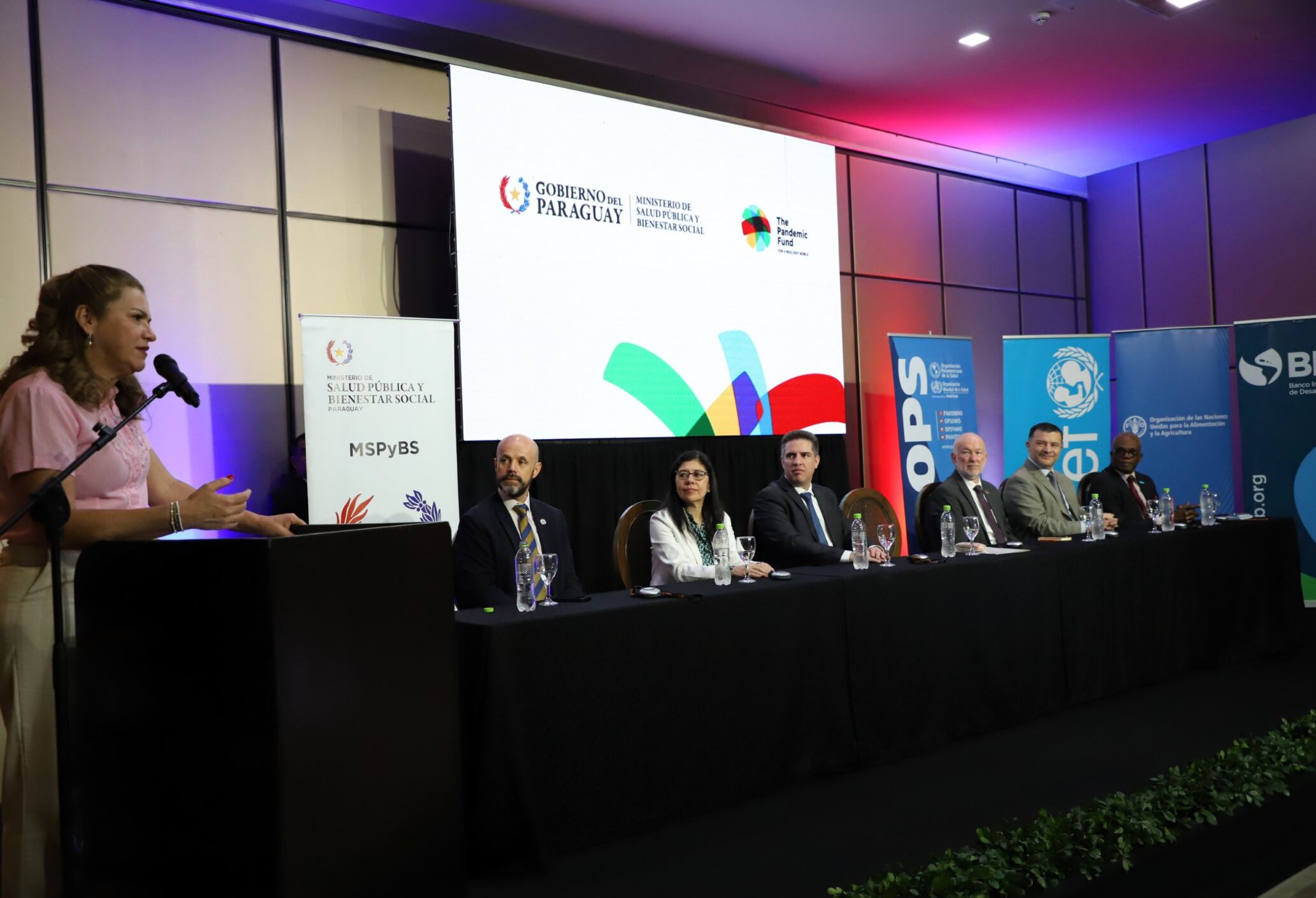
Highlights
Global fight against pandemics gains momentum as projects launch with FAO support
The first of Pandemic Fund projects launched at national level, including Ethiopia, Paraguay, Central Asia countries, and Yemen.
